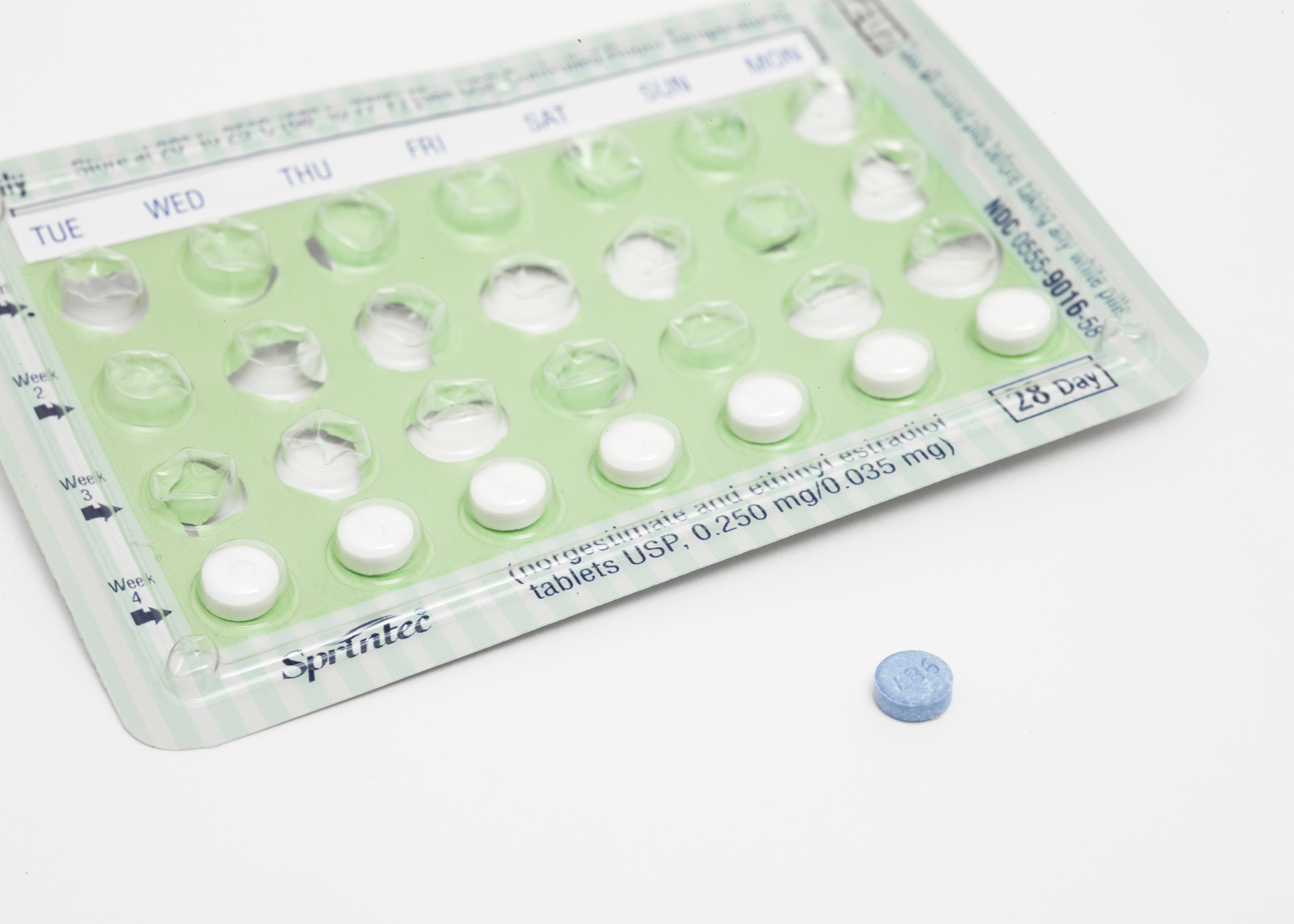4 Hormones that Can Make or Break Your Weight Loss Goals
Phoenix Weight Loss - How Hormone Balance Makes a Difference
You may already know that hormone imbalance and weight gain are related. If you have ever read a list of hormone imbalance symptoms, weight gain is usually towards the top of the list. In this way, hormones can also affect your ability to lose weight, making it easier toplateau. As Phoenix weight loss specialists, who focus on holistic approaches, we pay close attention to  hormone levels and work closely with our clients to ensure their hormones are in balance. This is especially true when their goals are weight loss. It should be noted that most of the hormone imbalances we are deficiency syndromes but excess hormones can just as easily be the problem.
hormone levels and work closely with our clients to ensure their hormones are in balance. This is especially true when their goals are weight loss. It should be noted that most of the hormone imbalances we are deficiency syndromes but excess hormones can just as easily be the problem.
Hormones are something our bodies naturally produce and their levels can give us clues as to why you are not loosing weight and where to focus your efforts. Our weight loss strategies include hormone evaluations but it is also important to look at the basics such as; dietary support with specific emphasis on vitamin and nutrients, emotional factors (or emotional eating), and an exercise program. On your hunt for hidden causes of weight gain, it is easy to get lost and forget about the basics.
Here is a list of four less known hormones that contribute to weight loss/weight gain.
Ghrelin. You can also call this hunger-inducing hormone the “hunger gremlin.” It’s challenging to lose weight when you feel hungry all the time. Well, for some those hunger pangs are caused by elevated levels of ghrelin. Even when weight loss patients decrease their caloric intake for 12-months or more, their bodies can still have higher than normal ghrelin levels. Usually we see the body starts to re-adjust after just a few days to weeks of reduced calories. If this seems like an issue you struggle with see below.
The solution?
There are two:
-
Eat breakfast: Research shows that those who eat breakfasts rich in complex-carbohydrates and fibers (i.e. whole grains, fruits, oatmeal, etc.) have lowered ghrelin levels for the rest of the day. For optimal ghrelin levels, experts suggest your breakfast should account for about 20% of your caloric intake for the day.
-
Exercise. The other factor that consistently reduces ghrelin levels is exercise. Try to get at least 30 minutes of exercise per day if possible and, just think, you’ll be burning calories too!
Leptin: This hormone is very interesting. Leptin is actually released by fat cells and when it reaches your brain, it signals your body to eat less and move more. That sounds like the perfect equation to lose weight, right? The problem is that your brain has a “leptin threshold”, so to speak. Once you have too many fat cells releasing leptin, your brain receptors become desensitized and become unresponsive to it. So for weight loss you want to lower your serum leptin levels to allow the brain to become re-sensitized to leptin.
What’s the solution?
- Personalized weight loss program. Your Phoenix weight loss doctor can help you lose enough fat to reverse the leptin threshold, at which point you will feel less hungry, and be more inspired to exercise. It takes time, dedication, effort, and a dash of support from a trainer or weight loss doctor to get there, but don't give up. The longer you work at it the easier it will get.
- Remember muscle weight more than fat so the exercise you are doing may make you stay the same weight or even gain. If you are getting discouraged, use measurements and the fit of your clothes to measure your progress rather than the scale.
Glucagon. The name says it all; glucagon is the hormonal antithesis of insulin. Everyone knows about insulin and its effects to process and store carbohydrates as fat. While insulin does this, glucagon’s job is to break down the stored glucose and convert it into energy.
How do you increase your body’s glucagon activity?
- Balance your protein/carb intake: The best way to increase your body’sglucagon activity is to eat a diet high in lean proteins and low in carbohydrates. Try to keep as much of your carb intake in the form of whole-grain carbs to minimize the glycemic effect (turning food into sugar) even further. We can help you create a personalized diet plan; that helps you learn what you can eat, rather than focusing on what you can’t eat.
- Exercise on an empty stomach- When you wake in the morning your glucose levels are typically low and your body naturally starts to produce glucagon to increase your blood glucose levels. When you workout in this state you deplete all the stored glucose triggering fat loss. This process also helps sensitize insulin to insulin receptors (one of the main issues with diabetes).
Cortisol. This hormone is also know as the stress hormone. Cortisol is naturally released in your body during stressful events such as running from a predator. One role of this hormone is to increase blood sugar levels. So it is also secreted when blood sugar levels get too low, like glucagon. The problem with cortisol comes when it stays elevated at the same time insulin is elevated, like after a meal. Insulin lowers blood sugar and cortisol raises it. If they are chronically opposing one another, it can lead to insulin resistance (pre-diabetes) and increased abdominal fat. How do you keep cortisol in check?
-
Try to keep stress levels at a minimum, easier said than done but this is especially important during and around meals. This will allow insulin to lower blood sugar without the need for higher and higher insulin. When there is less cortisol, smaller amounts of insulin are sufficient and the insulin receptors do not become resistant to insulin.
-
Eat more frequently. Try not to go longer than 4-6 hours without food, except during the night time. Upon waking, break your fast with a protein or fiber source that will slowly digest over the next 4-6 hrs.
Visit a Phoenix Weight Loss Specialist to Check Your Hormone Levels
The above hormones are ones that can be altered with diet, exercise, and lifestyle choices. Hormones like, estrogen, progesterone, testosterone, thyroid hormones, cortisol, and others can be checked with a blood test and optimized by a bioidentical hormone doctor. Using bioidentical hormone injections, creams, and other forms of customized hormone therapy will shift the hormones, and the scales back into balance. The result will be less effort in your weight loss pursuits. You will still have to work hard but that effort will show on the scales as well.
The journey to a thinner and healthier you begins with a single step. If you are interested in learning more about hormone balancing, and how hormones affect your ability to lose weight, contact Southwest Integrative Medicine. We take a comprehensive approach to weight loss.


















